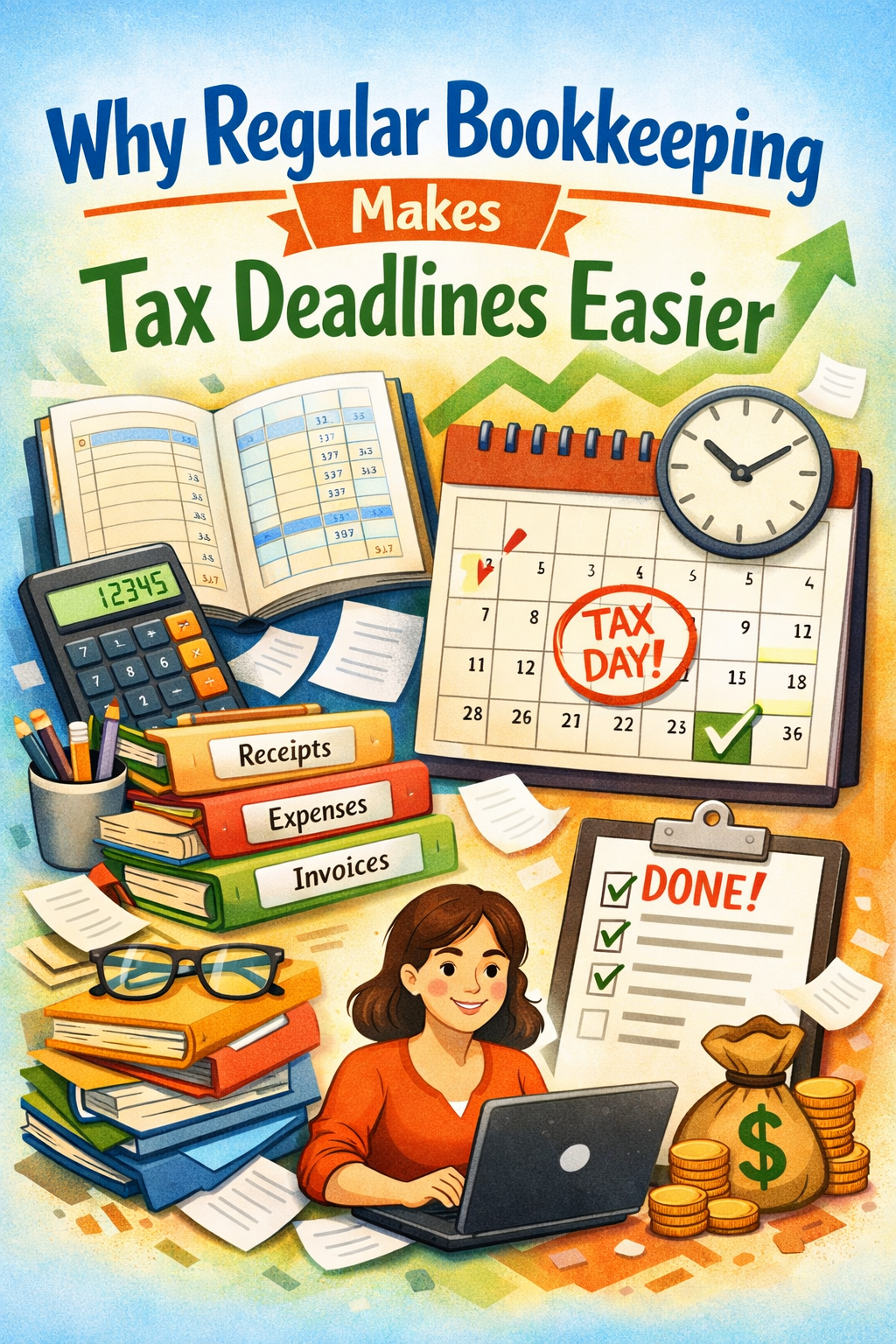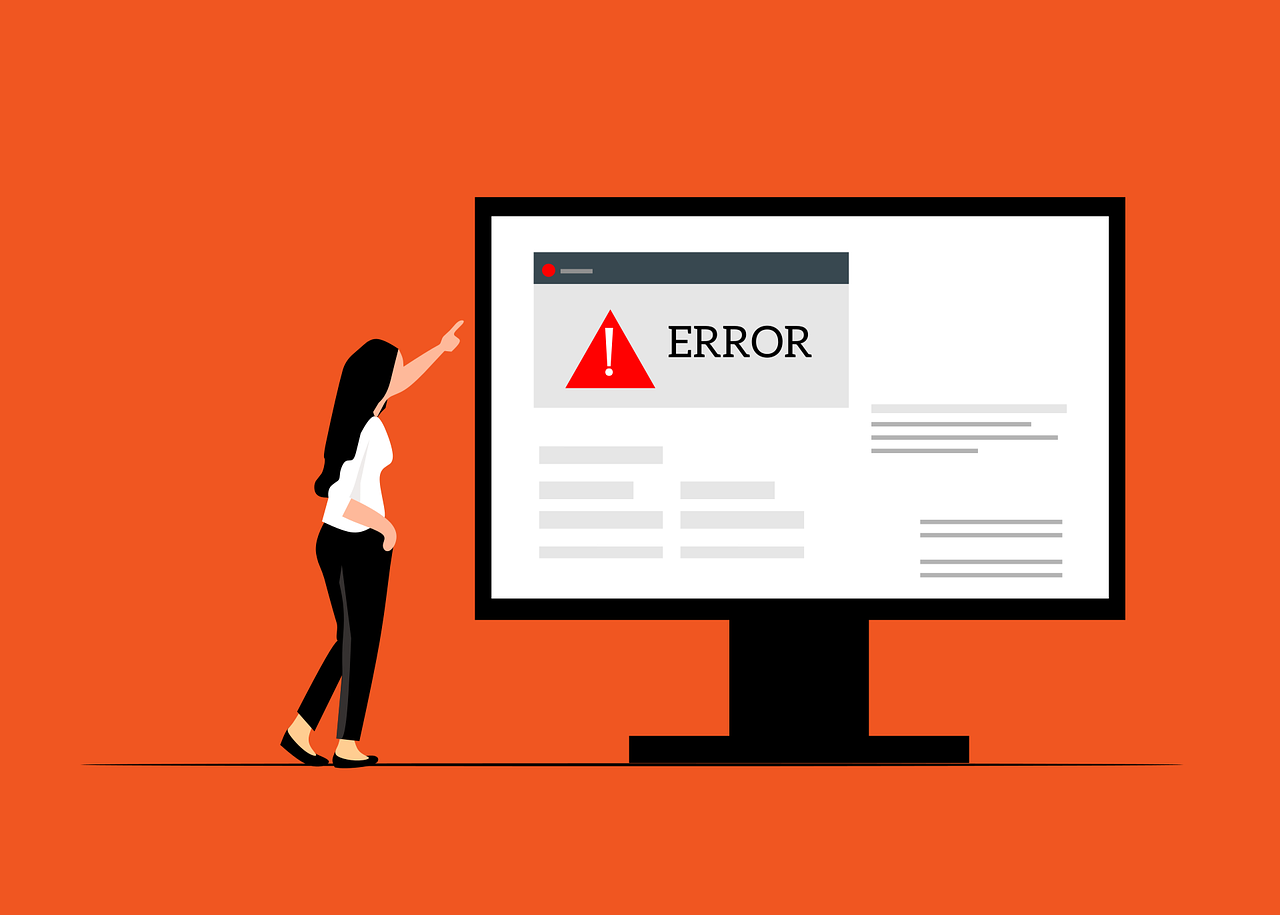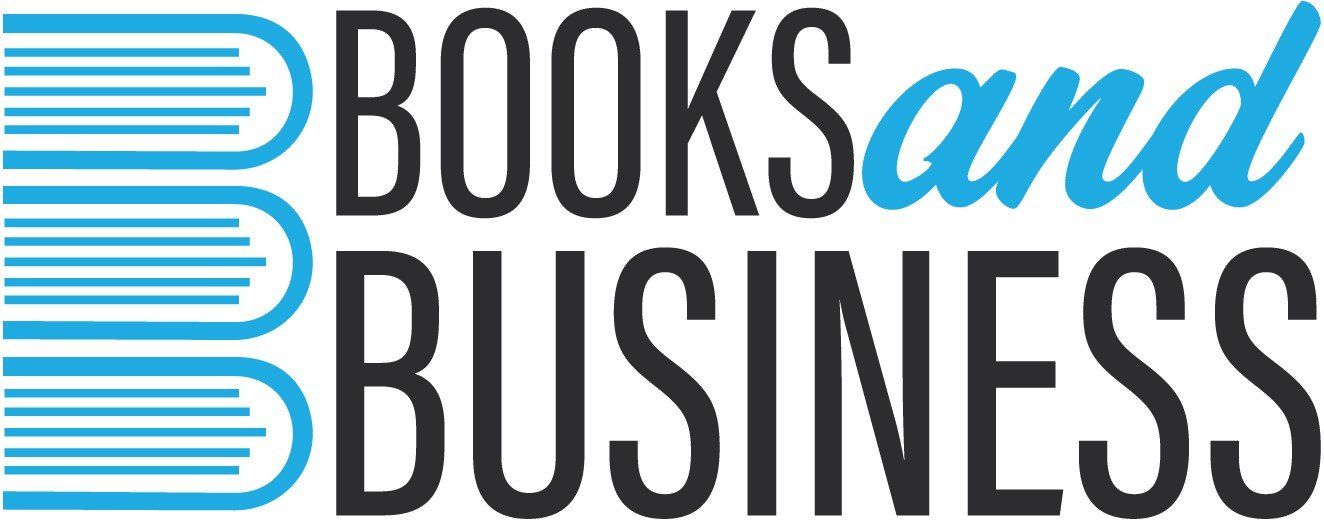HMRC’s New Basis Period Reform
Will you need to report profits differently on your Self Assessment Tax Return?
HMRC will be changing the time frames in which sole trader and partnership businesses use to calculate their taxable profits. Previously, the self employed could report profits according to their own business accounting year end date. However, going forwards if a business accounting year end does not finish on or between 31st March – 5th April, in line with the UK tax year (5th April – 6th April) the profits will need to be reported differently on the Self Assessment tax return.
Starting from tax year 23/24, known as the transitional year, the new basis period reform will apply, meaning an affected business will need to report profit up to the UK tax year end (5th April) regardless of when it's own business accounting year ends. For example, if your accounting year end is 31st December, you will need to report profits from 1st January 2023 up to 5th April 2024.
This could mean that more than 1 year of profits may need to be reported, therefore may need to be apportioned between the 2 accounting periods (needing 2 sets of accounts). Any excess from over a years worth of profit will be known as the ‘transition profit’. This can be reduced by Overlap relief, allowing any remaining profit to be spread over future years but only up until tax year 27/28.
It's worth noting that if your business accounting year end is within 31st March – 4th April you may treat this profit as if it ends on 5th April.
To conclude, in the 24/25 tax year, a businesses income tax liability will be calculated based on the profit during the tax year only, not it's own accounting period. If businesses want to continue to use their own accounting end (not the same as the UK tax year), they will need to make apportionment calculations every year when calculating the taxable profits.
Utilising a Bookkeeper to estimate and calculate profit for your self assessment tax return could save you time and money, especially if your current year end does not match the UK tax year. Get in touch to see how our bookkeeping services could help you and your business, email us at admin@booksandbusiness.co.uk




